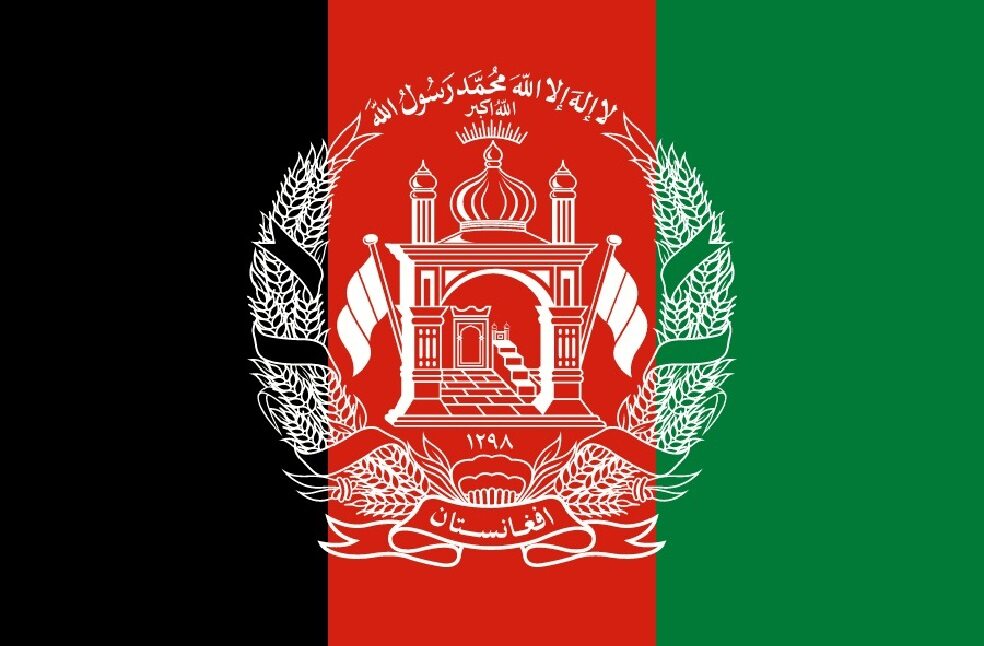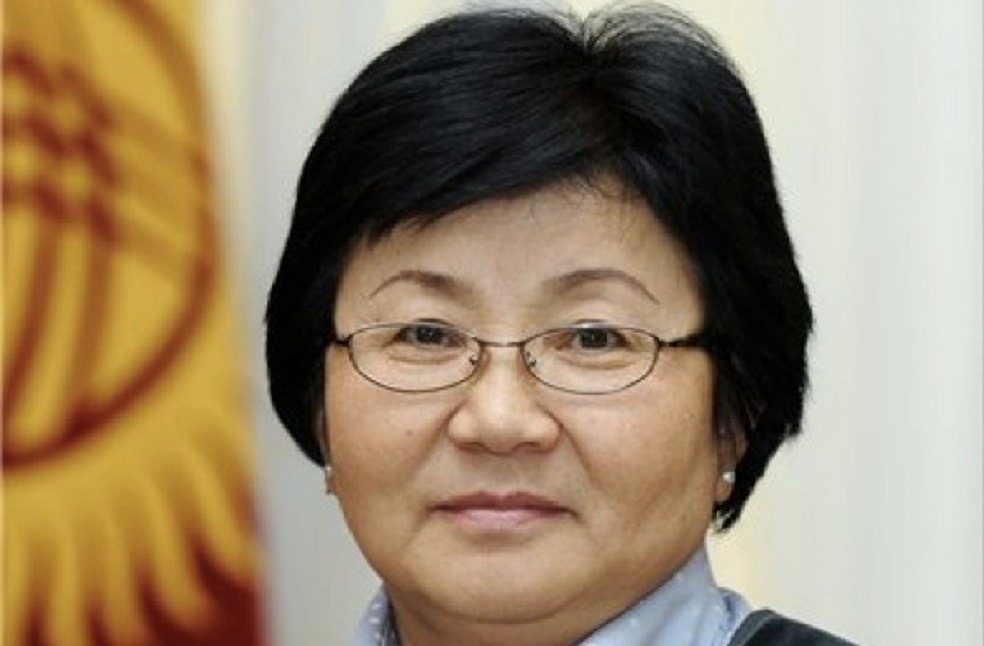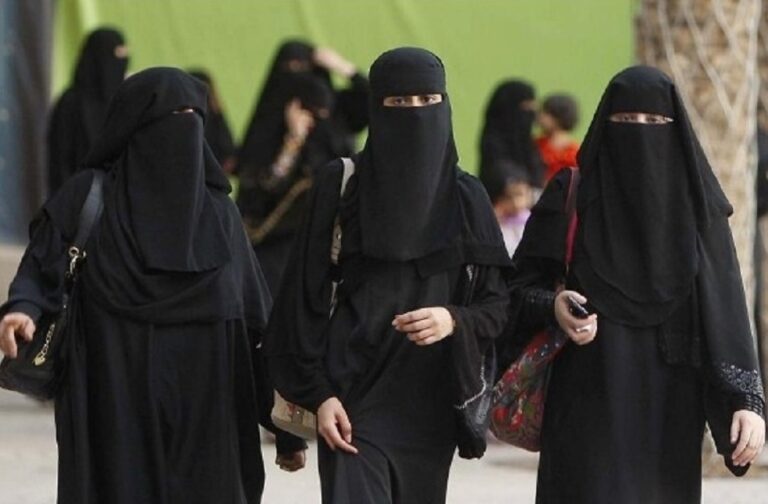United States: The United Nations’ envoy to Afghanistan and head of the UN Assistance Mission in Afghanistan (UNAMA), Ms. Roza Otunbayeva, stated on 21st June 2023 that international recognition of the Taliban government would be “nearly impossible” as long as restrictions on women and girls persist in the country. Speaking before the UN Security Council, Ms. Otunbayeva emphasized that the Taliban’s actions contradicted the values upheld by the United Nations Charter, despite their request for recognition.
In her discussions with the de facto authorities, Ms. Otunbayeva did not shy away from addressing the hurdles they have created for themselves through their decrees and limitations, particularly those targeting women and girls. She conveyed to them that as long as these restrictive measures remain in place, it would be highly unlikely for their government to receive recognition from the international community.
Since assuming power in August 2021 as US and NATO forces withdrew from Afghanistan, the Taliban government has not been officially recognized by any foreign country or international organization. Although they initially pledged a more moderate rule compared to their previous regime from 1996 to 2001, the Taliban have gradually enforced restrictions on women and girls, including limiting their access to education, employment, and public spaces. They have also reintroduced harsh interpretations of Islamic law, including public executions.

Despite appeals made to the Taliban, Ms. Otunbayeva reported no signs of change in the restrictions imposed on women and girls. Notably, a ban on Afghan women working for the UN remains in effect since April, with no explanation or assurance of its potential removal.
Ms. Otunbayeva highlighted that the Taliban’s decrees are deeply unpopular among the Afghan population and undermine the government’s legitimacy, both domestically and internationally. These measures not only inflict suffering on half of the population but also hamper economic progress in the country.
While the Afghan economy currently shows stability in terms of inflation and exchange rates, Ms. Otunbayeva cautioned about the alarming levels of severe poverty among households, with 58 percent of the population struggling to meet basic needs.
The UN envoy affirmed that the organization would continue engaging with the Taliban regime in Afghanistan. However, she emphasized that significant progress could only be made if the Taliban lifted their restrictive measures against women.

“We could achieve much more, however, if the Taliban were to rescind their oppressive restrictions on women,” Ms. Otunbayeva stated.
In April, the Security Council unanimously passed a resolution condemning the harsh constraints imposed on women and girls by the Taliban and expressing concern over the ban on Afghan women working for the UN, deeming it unprecedented in the history of the United Nations.
As the international community closely watches developments in Afghanistan, the recognition of the Taliban government hinges on its commitment to upholding human rights, particularly the rights of women and girls.



